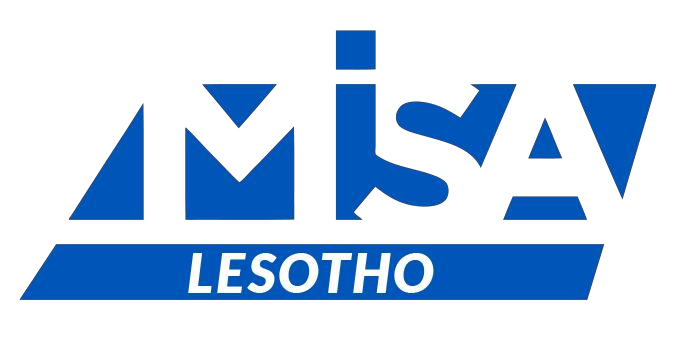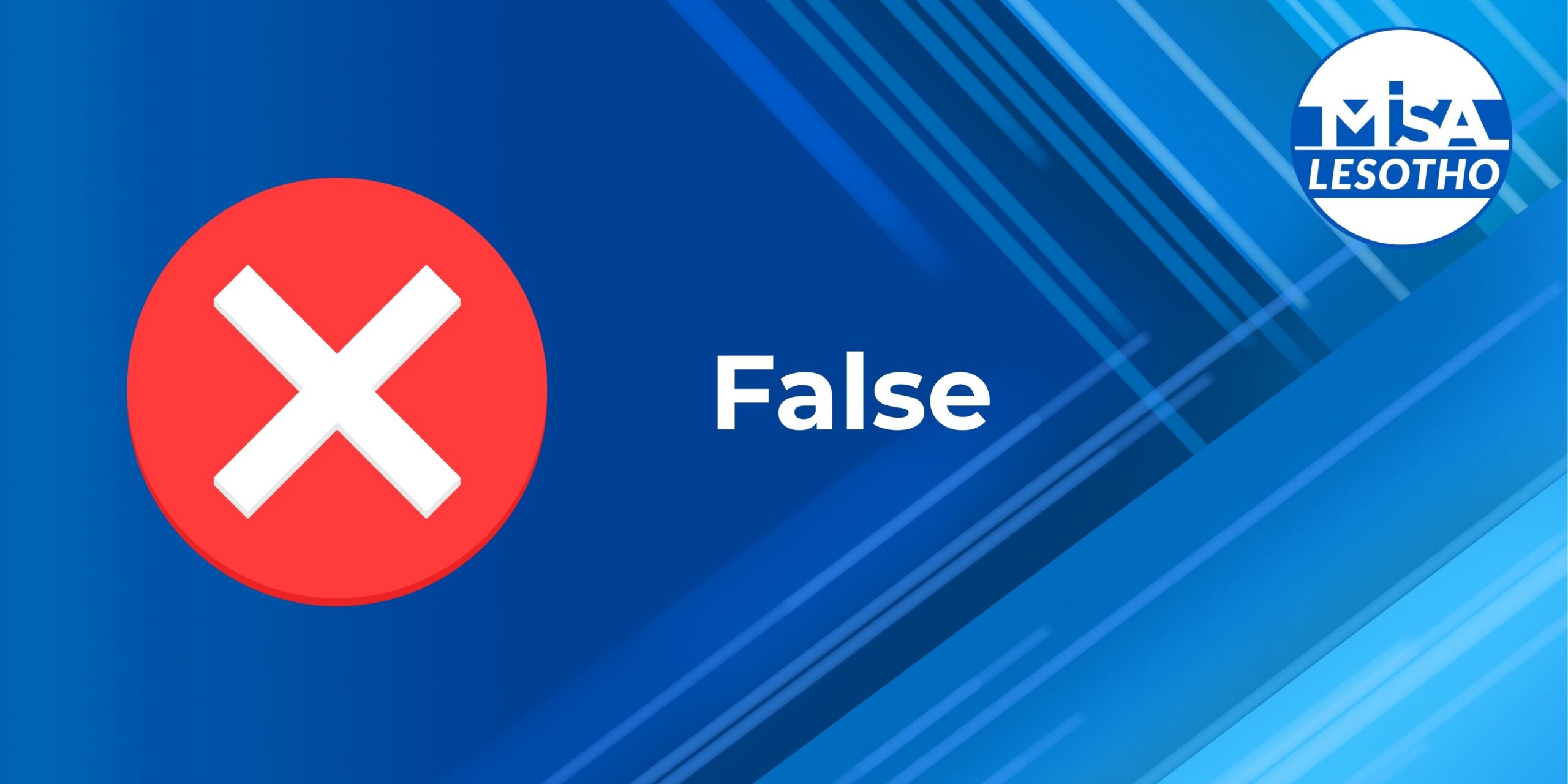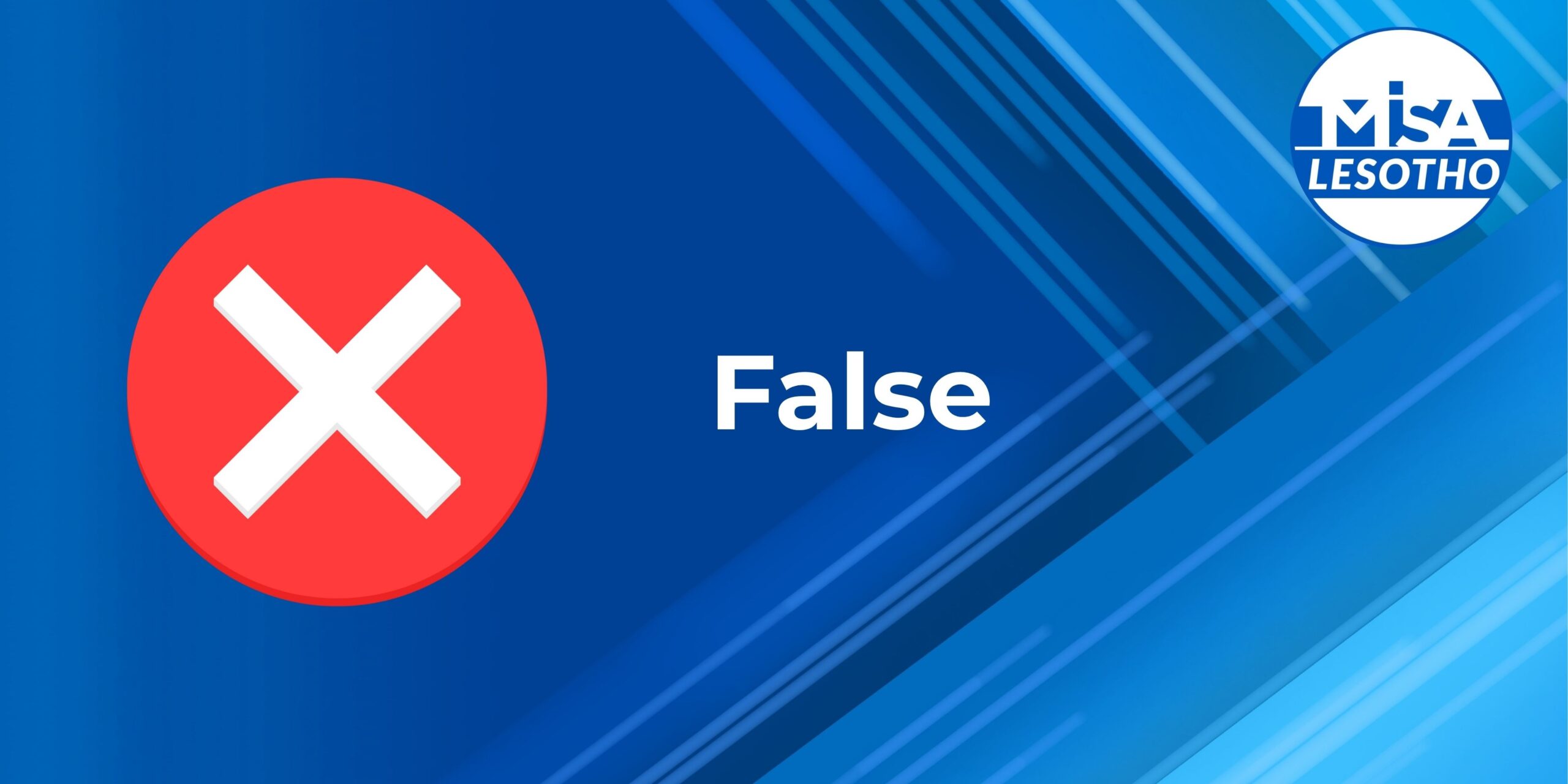Media and local government
Lesotho held its first post-independence local government elections in 2005. Since then, however, the media has failed to report on, or provide information about, local government. This has contributed to lack of awareness among the public of the potential role and actual functions of various actors in Lesotho’s local governance system. With minimal citizen participation in local government, authorities are able to make decisions that do not have the support of the electorate.
In addition, media practitioners often poorly trained, or not trained at all which contributes to the lack of quality, ethical coverage of local governance issues. In turn, this results in a readership and listenership uneducated about local government and governance issues.
MISA Lesotho therefore seeks to increase citizen participation in local governance affairs by increasing both the quality and quantity of media coverage on the subject.
We do this by training journalists on local governance issues and how they can better cover such issues beyond simply reporting on local elections.
We also seek to stimulate local government institutions to make more active use of the media to inform the general public and actively engage the public in local governance matters. In this way, we can improve the environment for constructive engagement between citizens and local government on local issues.
MISA Lesotho has the following objectives with its media and local government programme:
- Build the capacity of journalists, community volunteer reporters, local government information officers and councillors, resulting in local governance having a higher media profile.
- Create a better educated readership/listenership of local governance, resulting in more people participating in local governance throughout Lesotho.
- Strengthen local structures to be more productive and improve service delivery.
Media and local government news from our chapters
Statement on the arrest and detention of the Lesotho Times’ Editor Mohalenyane Phakela
MISA Lesotho issues this statement to condemn the arrest and detention of the Lesotho Time’s investigative journalist, Mohalenyane Phakela last night by the anti-corruption watchdog, DCEO, in what signals a deepening crisis for media freedom in Lesotho. Phakela, also...
FACT-CHECK: Fabricated Mnangagwa Quote on South Africa is Recycled Disinformation
By Nicole Tau A viral social media post claiming Zimbabwean President Emmerson Mnangagwa called South Africans "soft" and stated Zimbabweans will "keep breaking their laws" is FALSE. The quote, presented as a breaking news X post from South African broadcaster eNCA,...
Fact-check: Prime Minister Sam Matekane’s interview, allegedly promoting a ‘new way to make extra income’ is a hoax
By Lekhetho Ntsukunyane An article making rounds on social media, particularly on WhatsApp, alleging Prime Minister Sam Matekane held a one-on-one interview with Lesotho Television’s Rapitso Rapitso is a hoax. Titled ‘Sam Matekane shocked Lesotho with the...
FACT-CHECK: Viral video of King Letsie III promoting investment scheme is a deepfake scam
By Nicole Tau A viral video claiming that His Majesty King Letsie III has endorsed a government-backed investment platform guaranteeing a weekly income of LSL 19,320 is a SCAM. Investigations by CheckDesk, a fact-checking platform at MISA Lesotho, reveal the video to...
Fact Check: Parliament Isn’t Criminalizing Monogamy in 2026
Nicole Tau A Facebook post alleges that Lesotho’s Parliament is working on passing a law in 2026 making it a crime for a man to have only one wife. On 31 March 2025, a Facebook user (14K followers) shared in a Facebook group (327.1K members) that Parliament is...






